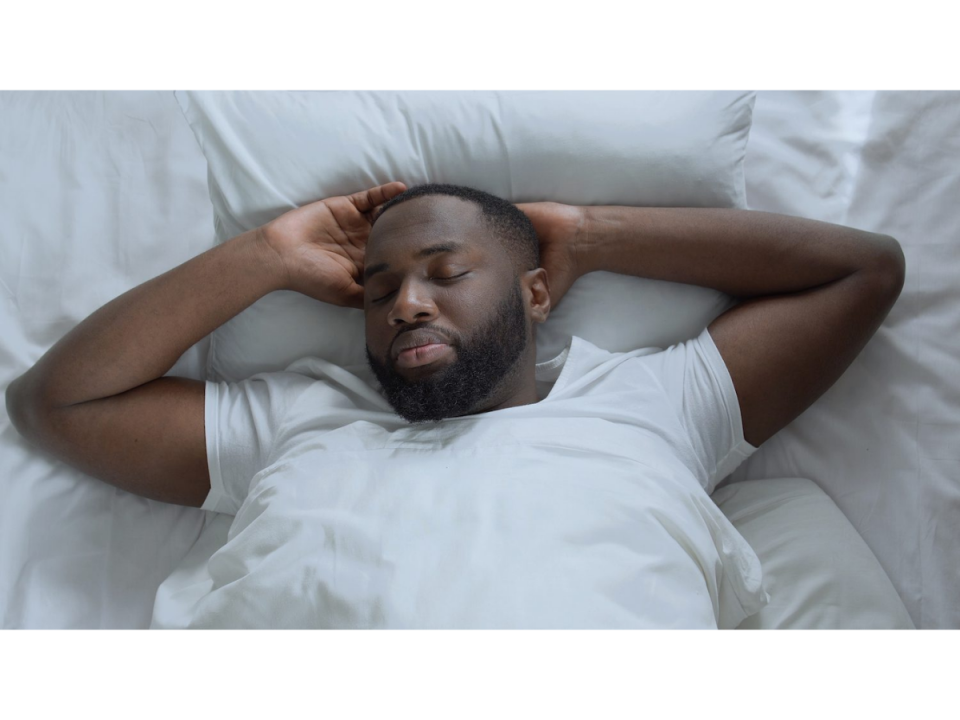During Men’s Health Week, we are trying to focus more on the problems men confront with. People can have night sweats, which are bouts of heavy sweating during sleep that soak through night clothes or sheets, at different times in their lives. Women who are going through menopause often have night sweats. But men can also get the condition for several different reasons.
There hasn’t been a lot of research on how common night sweats are, but one study from the National Library of Medicine in Maryland found that 41% of people had recently had night sweats, and another study of people over 64 from the same institute found that 10% said night sweats bothered them more often. Men should be able to tell when their symptoms are nothing to worry about and when they need to see their doctor if they know some of the causes.
Many of us can feel too hot in a warm bedroom, but night sweats are a more aggressive response that can cause sheets to be soaked when someone wakes up. The second one is more likely to mean something is wrong with your health.
Men who sweat at night may have a number of health problems, such as sleep apnea, acid reflux, or low testosterone. Other things that can make you sweat a lot at night are autoimmune diseases and some types of cancer.
James Mold, a retired family doctor and professor emeritus of family and preventive medicine at the Oklahoma University College of Medicine, said that it can be hard to find the cause.
Mold said that selective serotonin reuptake inhibitor (SSRI) therapy for depression or anxiety, fevers, overeating, and drinking too close to bedtime can all cause night sweats. Corticosteroids and drugs used to treat diabetes that lower blood sugar has also been linked to night sweats.
Tough to Say What’s Wrong
In a review published in the Journal of the American Board of Family Medicine in 2012, Mold and two other authors found that there wasn’t much research on the physiological causes of night sweats.
Also, there wasn’t much agreement among studies about how to define night sweats.
He said that it wasn’t clear if they had to be frequent or severe, if they could only happen at night, or if they were different from the hot flashes that many menopausal women get.
Mold says that sleep apnea is a good example of this kind of problem.
Many things could cause night sweats, but both survey data and recordings of real sleep showed that any waking up from sleep, no matter what caused it, can cause sweating. This condition happens most often in middle-aged men ages 45 to 64, but they can happen to anyone.
When to go to the doctor
Mold says that night sweats shouldn’t be a cause for worry right away, but there are some cases where a doctor should be consulted. If you sweat at night more than three times a week or for more than a month, it could be a sign that something is wrong with your body.
Also, if you sweat a lot, need to change your pajamas or bed sheets, or have trouble doing normal things because you didn’t get enough sleep, that could be a warning sign.
Night sweats could also be a sign of an infection if they come with other symptoms like fever, chills, loss of weight, cough, shortness of breath, pain in the joints and muscles, or extreme tiredness. Some infections that can cause night sweats and these other symptoms are tuberculosis, HIV, endocarditis, an infection of the valves of the heart, and osteomyelitis, an infection of your bones. Sweating can also happen when a person just started taking a new supplement or medicine.
Night sweats can be treated in many different ways, depending on the cause and severity, from making changes to the bedroom to cognitive behavioral therapy. Men with low testosterone may be able to get testosterone replacement therapy, but men with sleep apnea, cancer, or an infection that is causing the low testosterone will need to see a doctor for their specific conditions.
For people with certain conditions, like those who take SSRIs, doctors may be able to give them medicine to make them sweat less.
